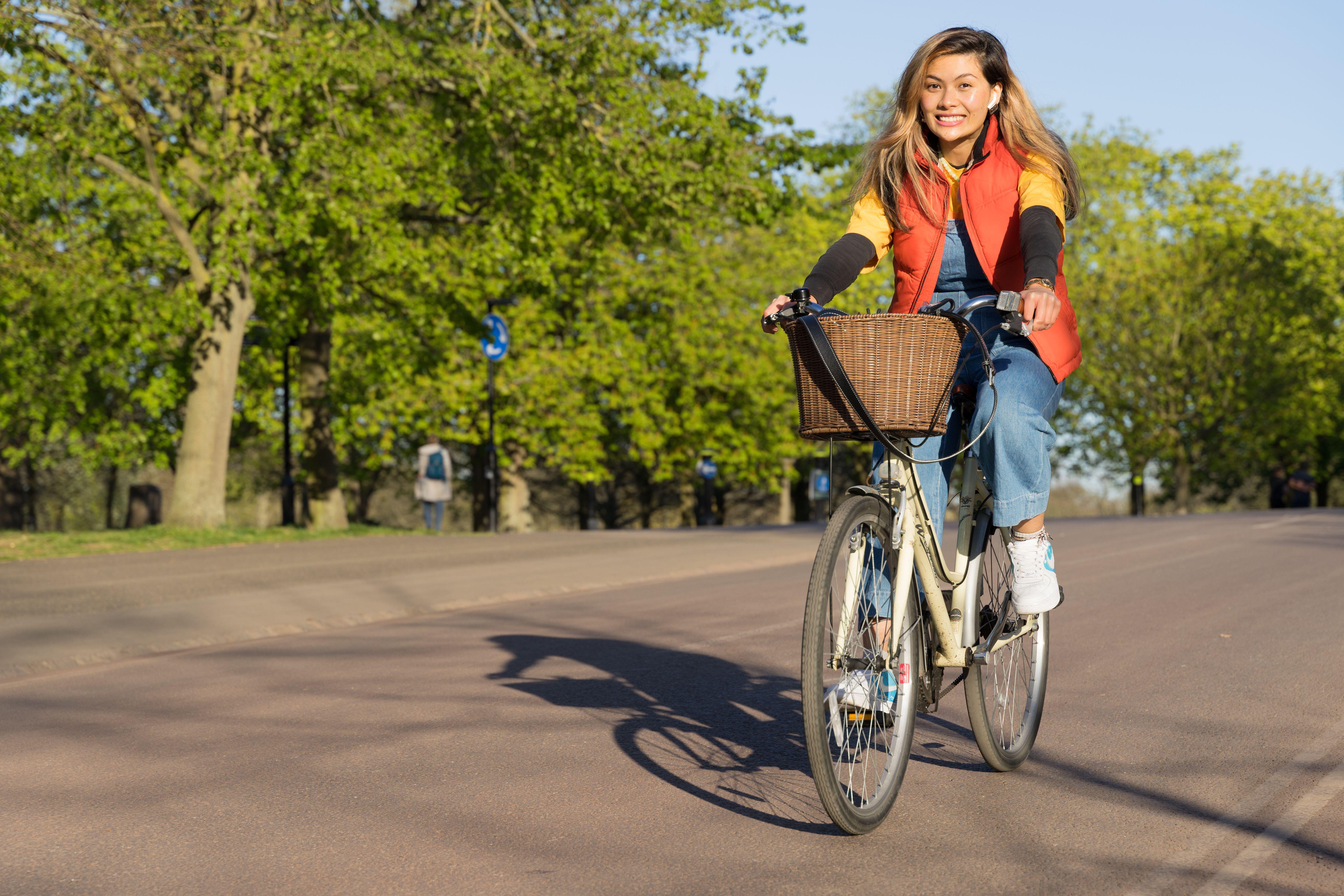Middle-aged people and women ‘least likely to get enough exercise’
Current NHS recommendations say adults aged 19 to 65 should work on exercises to strengthen their muscles and bone at least twice per week.

Middle-aged people and women are the least likely to exercise, according to a large study from England.
The new research, involving more than 250,000 adults, suggests that as few as one in 20 may be doing the right amount of aerobic exercise and strength training to keep fit and healthy.
Women were found to be 34% less likely to do enough strength training – and were less likely to meet overall exercise guidelines – compared with men.
Meanwhile, adults aged 50 to 65 were less likely to do enough exercise compared with those who were younger.
Current NHS recommendations say adults aged 19 to 65 should work on exercises to strengthen their muscles and bone at least twice per week.
According to the NHS, this could include lifting weights, working with resistance bands, heavy gardening (such as digging and shovelling), climbing stairs, hill walking, cycling and push-ups, sit-ups and squats.
When it comes to aerobic exercise, the NHS says adults should do some type of physical activity every day if they can, and should do at least 150 minutes of moderate intensity activity a week or 75 minutes of vigorous intensity activity every week.
NHS examples of moderate exercise include brisk walking, riding a bike, dancing, tennis, pushing a lawn mower, hiking and rollerblading.
The new study found people were far less likely to do strength exercises than aerobic activity, and the exercise they did report did not always have good evidence of health benefits.
The proportion of English adults meeting current physical activity guidelines could be as high as one in three but possibly as low as just one in 20
Writing in the journal PLOS One, experts from the University of Essex concluded: “While more than two thirds (67%) of adults reported the equivalent of at least 150 min/week of (moderate physical activity), fewer than a quarter (23%) of the sample actually met the current UK physical activity guidelines specifying twice weekly muscle-strengthening activity.”
A close look at who was meeting the NHS guidelines on aerobic activity found 69% of men and 66% of women said they were.
However, only 28% of men and 25% of women met the NHS strengthening guidelines in England and this dropped to 16% of men and 9% of women doing strength exercise with proven health benefits.
The authors concluded: “When strengthening activity is included, the proportion of English adults meeting current physical activity guidelines could be as high as one in three but possibly as low as just one in 20.”
People from more deprived backgrounds were found in the study to do less exercise than those who lived in more affluent areas.
Bookmark popover
Removed from bookmarks